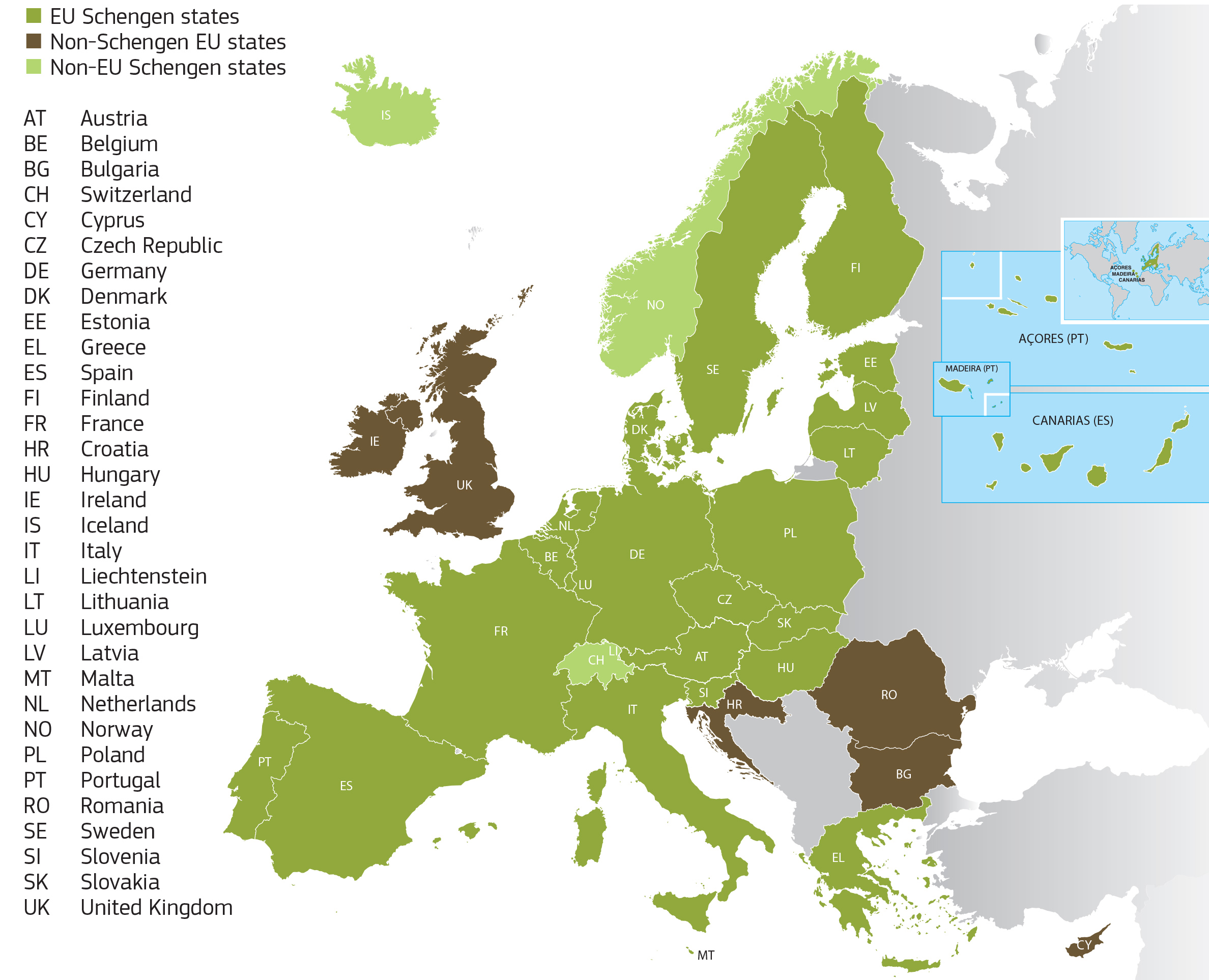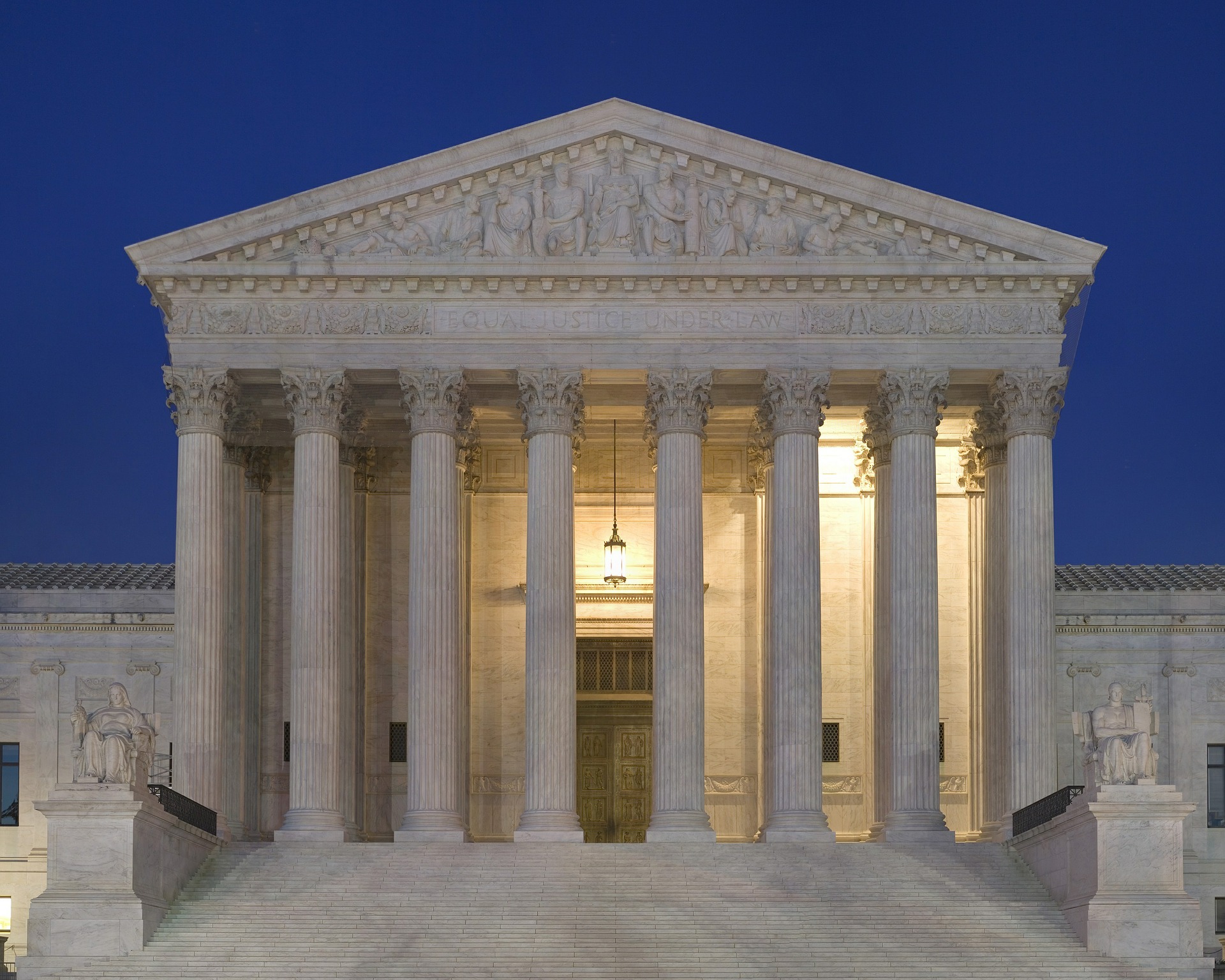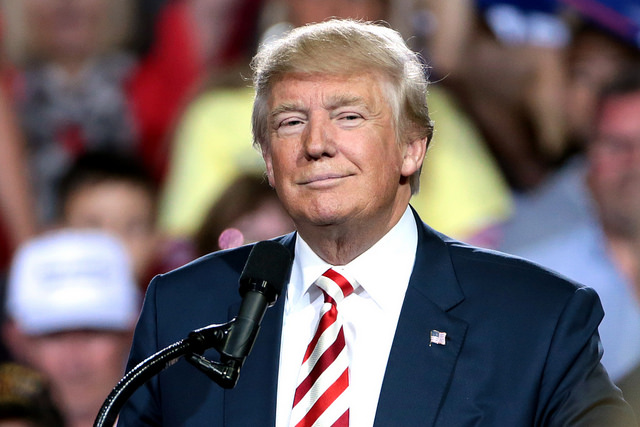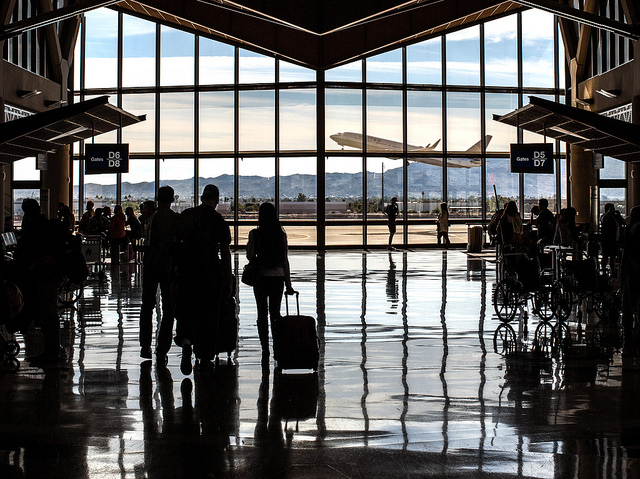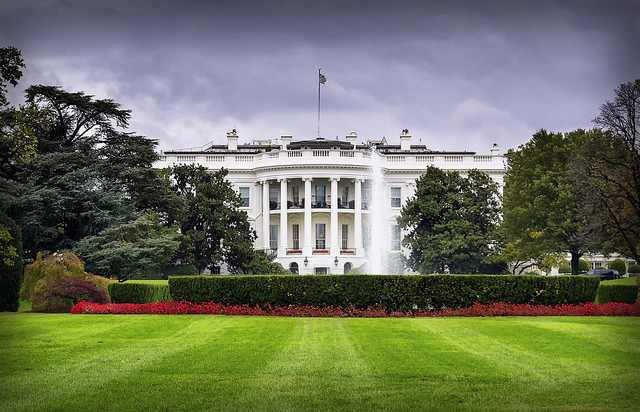We kick off the start of a brand-new week with some important information for immigrant and nonimmigrant visa applicants residing in regions currently affected by the four geographic Presidential Proclamations still in place, for non-citizens in the Schengen countries, the United Kingdom, China, Iran, Brazil, South Africa, and India.
The Presidential Proclamations, collectively known as the COVID-19 Geographic Proclamations are as follows:
- Presidential Proclamation 10143 (Schengen Area, United Kingdom, Ireland, Brazil and South Africa)
- Presidential Proclamation 9984 (China)
- Presidential Proclamation 9992 (Iran)
- Presidential Proclamation 10199 (India)
*The Schengen countries include Austria, Belgium, Czech Republic, Denmark, Estonia, Finland, France, Germany, Greece, Hungary, Iceland, Italy, Latvia, Liechtenstein, Lithuania, Luxembourg, Malta, Netherlands, Norway, Poland, Portugal, Slovakia, Slovenia, Spain, Sweden, and Switzerland.
The COVID-19 Proclamations were issued early on during the pandemic to help contain the rapid spread of the Coronavirus in the United States, by limiting the entry to the United States, of non-citizen travelers who were physically present in any of the impacted regions during the 14-day period, prior to their planned entry or attempted entry to the United States.
To comply with these Proclamations, U.S. Embassies and Consulates worldwide have been unable to issue nonimmigrant and immigrant visas to those who have been physically present in any of the above mentioned 33 covered countries. But all of that has recently changed thanks to new National Interest Exception designations made by the Secretary of State for certain types of travelers.
 Visa Lawyer Blog
Visa Lawyer Blog



